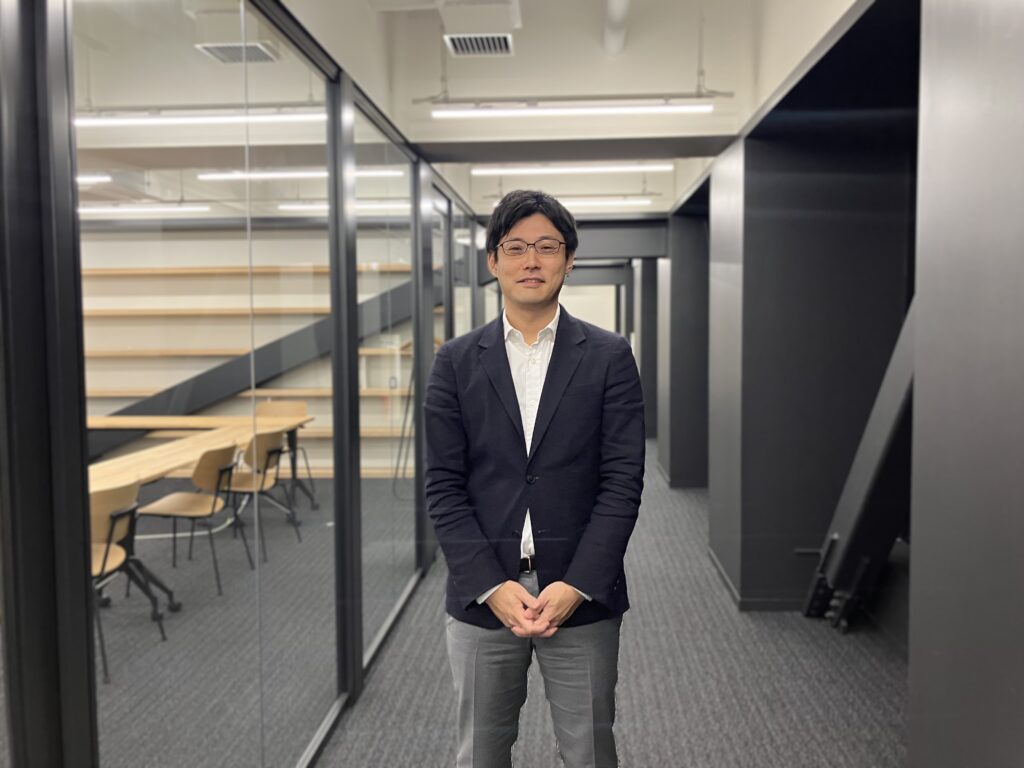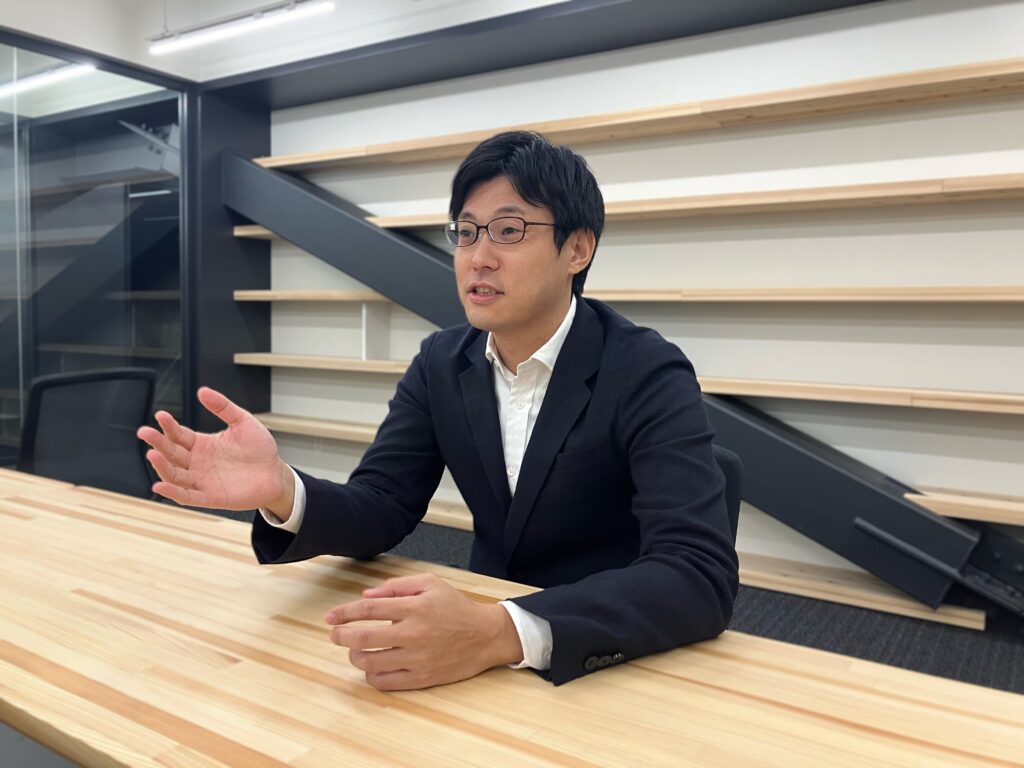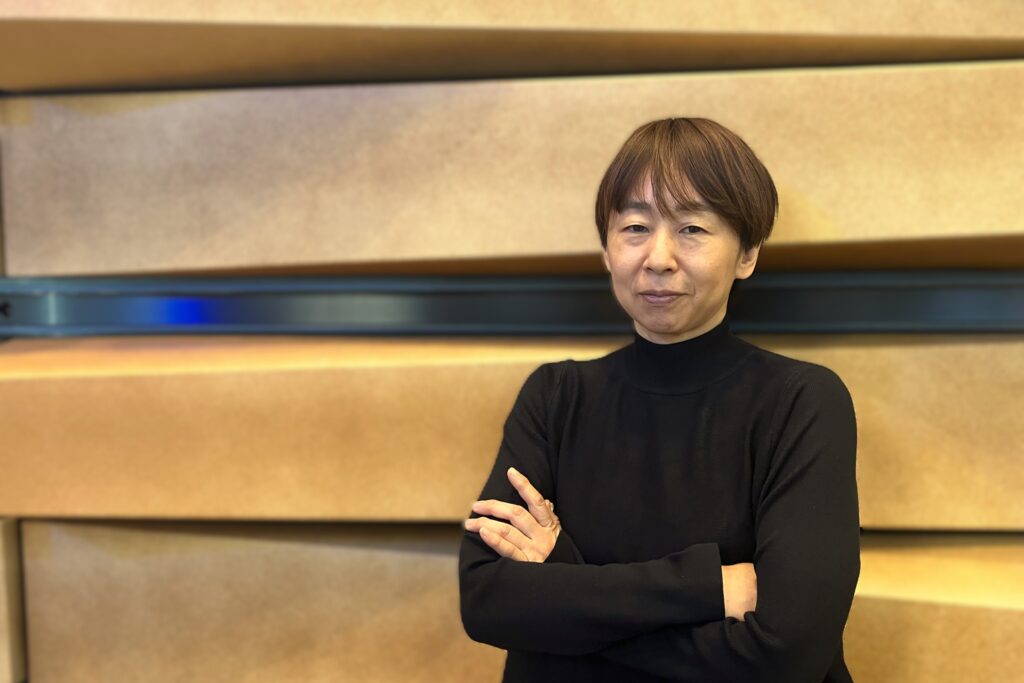From the pursuit of innovation to diversity. Creating a society where everyone accepts that unevenness is the norm.
We spoke to Japan Research Institute researcher Tomoyuki Kimura, who is the project leader for "Supporting people with developmental disorders to demonstrate their abilities in the workplace," about the social issues he faces, what sparked his interest, and his thoughts on the project.
The project page isHere

Need for examples and evidence of the extraordinary achievements of people with developmental disabilities
There are many reported cases of people with developmental characteristics, including entrepreneurs and artists. In the case of such outstanding talent, I think that it is not only their own efforts but also good environments and encounters that have allowed them to achieve both work performance and mental and physical stability. On the other hand, it is said that many people with developmental characteristics do not receive understanding from those around them, and their self-esteem and self-affirmation are often low. As a result, mental illness and maladjustment to society become "social obstacles" to demonstrating their abilities. Therefore, I feel that the current situation is a problem for society as a whole, where people who have achieved outstanding results are only understood as one case, saying "That person is special." I believe that it is important to create a wide range of success stories, not just for people who have outstanding abilities and have found an environment that suits them, and to provide medical evidence to support this, and so I am working on a joint project with Dr. Yoshimura.
Diversity in developmental characteristics creates innovation
The biggest trigger for me to become aware of the issue of diversity was my experience at SMBC's IT Innovation Promotion Department (at the time). I joined SMBC mid-career and was in a position where I was expected to bring a breath of fresh air. It is said that in the field of innovation, it is necessary to incorporate various perspectives from diverse human resources. From my perspective as an outsider, the bank at that time seemed to be made up of very homogenous human resources. In fact, I was about the third mid-career hire from the non-financial field, and I think the majority of bank employees at the time were people who had been working at the bank since they graduated. In that environment, I thought about how to incorporate new values into the organization and how to connect them to innovation. Now I believe that diversity is necessary for all organizations, and ultimately for society, to respond to change.
The studio's projects focus on the diversity of people with developmental characteristics. People with developmental characteristics have a very unique way of perceiving things. This uniqueness comes from differences at the brain and nerve level. In other words, it is something that the person is born with, and it is not something that someone can imitate. However, even in organizations that particularly need diversity, such as the Innovation Team, I don't think they have been able to explicitly adopt it until now. Of course, not only in the Innovation Team but also when looking at the employment situation in society as a whole, people with developmental characteristics are in difficult situations.
On the other hand, my background is in IT, so I feel that there is a good chance that developmental characteristics can be utilized in a positive way. In fact, I have had the strong feeling that there seems to be a certain correlation between high technical ability and the strength of characteristics. In particular, the advanced and cutting-edge IT field is a field with a shortage of human resources and very high added value. I have hopes that if people with developmental characteristics can play an active role here, the values of the world will change dramatically.

Aiming for a society where unevenness is accepted as normal
Up until now, companies have expected people to be perfect businesspeople. This is true not only in business but also in private life. For example, the idea that parents must be perfect when raising children is deeply rooted. This makes it difficult for people to show their flaws in any situation, and as a result, they are unable to meet expectations and everyone is in a difficult situation. I hope that it will become the norm to accept imperfections, saying, "It's fine if you can do well here," even if you have flaws. If that happens, I feel like it will be easier for me to live here. I often forget things that I'm asked to do and think, "Oh no!" Through this project, I would like to aim for a society where imperfections are the norm and everyone accepts them.


